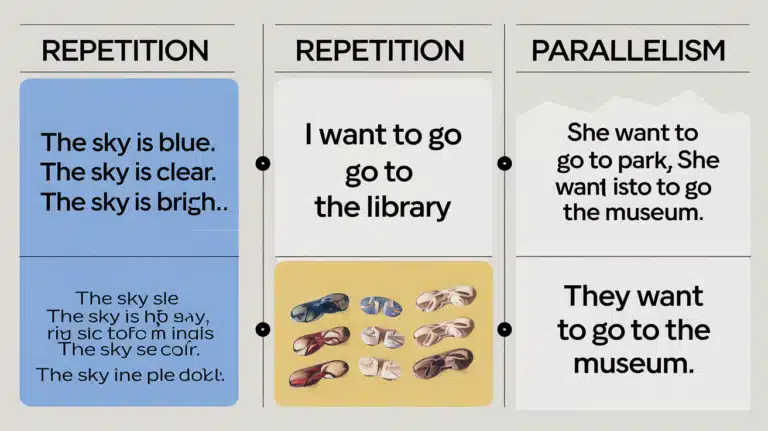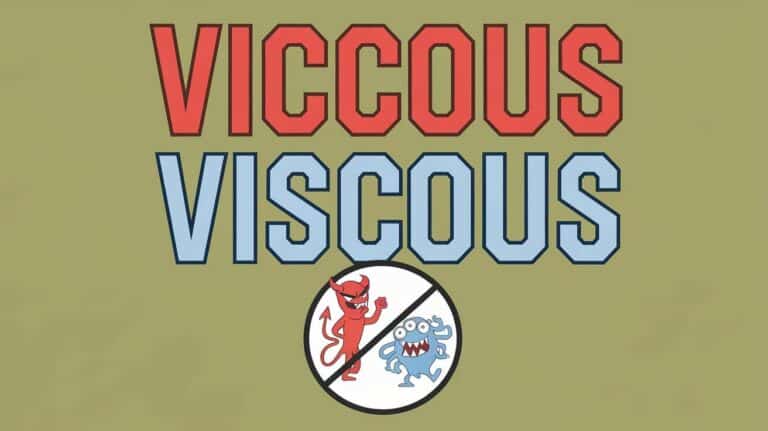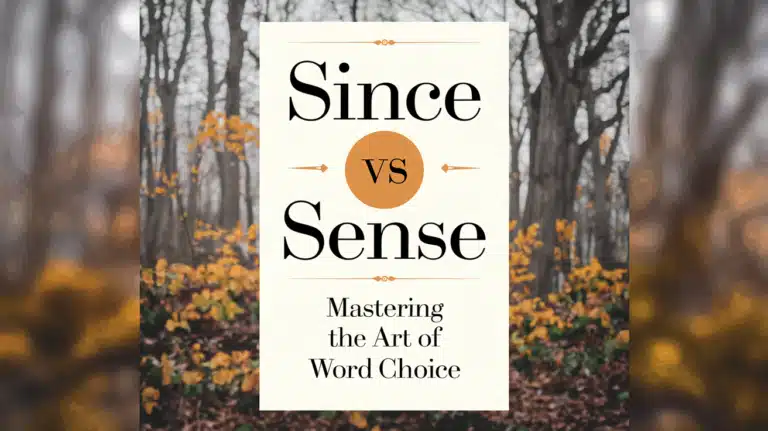Of Course or Ofcourse: Which One is best choice You Use?
In English, it’s easy to run into phrases that seem simple but cause confusion in writing. A prime example is “Of course” vs. “Ofcourse.” While the latter might appear in your messages or posts, it’s actually not a correct form. This post will dive deep into the difference between the two, clarify the correct usage, and offer practical advice for better writing.
Let’s settle the debate: Is it “Of Course” or “Ofcourse”?
Why is There Confusion?
The confusion between “Of course” and “Ofcourse” comes from how we speak versus how we write. When spoken, both sound almost identical because there’s no pause between the words. This leads to people writing “Ofcourse” as if it were a single word, particularly in casual texting or social media posts.
In the rush of online communication, combining words has become a norm. However, “Ofcourse” is not a real word in the English language. It’s a misspelling of the correct phrase “Of course”—two separate words.
This is where the power of good writing shines. Proper communication depends on clarity, and using the correct form of common expressions is a key part of this clarity.
Read More About: Long Term Or Long-Term: Which One Is The Right Choice In Writing?
What Do “Of Course” and “Ofcourse” Mean?
Before we explore which form is correct, let’s break down what the phrases represent.
“Of Course”
“Of course” is a phrase that signals certainty, affirmation, or something obvious. It’s often used in conversations when confirming something that seems evident or expected.
For example:
- “Of course I’ll help you with your project.”
- “We’re meeting tomorrow at 9 AM, right? Of course.”
“Ofcourse”
“Ofcourse” is a common typo or informal blend of “Of course.” It’s seen frequently in quick texts, social media posts, and other casual writings. While it looks convenient, it is not an accepted or valid spelling.
To put it plainly: Always separate the words—“of” and “course.”
Correct Usage: “Of Course”
Using “Of course” is grammatically sound because it consists of two distinct words with specific roles:
- “Of” is a preposition.
- “Course” is a noun, often referring to the natural order or flow of something.
Together, they form a prepositional phrase that reinforces the idea of something being certain or self-evident.
Common Contexts for Using “Of Course”
- Affirmation: It’s a way to confirm something confidently.
- Obviousness: It expresses that something is obvious or naturally understood.
- Agreement: It’s used when agreeing with a suggestion or statement.
For example:
- In casual conversation: “Are you going to the party?” “Of course!”
- In formal writing: “Of course, we must adhere to the guidelines for professional communication.”
Here’s a table breaking down the correct usage of “Of course” in different settings:
| Context | Example |
|---|---|
| Casual Conversation | “Of course I’ll be there!” |
| Professional Communication | “Of course, the meeting will proceed as scheduled.” |
| Academic Writing | “Of course, these findings are subject to revision.” |
| Written Requests | “Could you send that file? Of course, I’ll get on it.” |
Incorrect Usage: “Ofcourse”
Why is “Ofcourse” incorrect? Let’s break it down.
- It’s Not a Word: In dictionaries or grammar books, “Ofcourse” does not exist. It’s an informal mistake created by blending the two words.
- Grammar Rules: English doesn’t support the merging of these two words into a single compound. Unlike legitimate compound words like “notebook” or “haircut,” the combination here doesn’t follow any syntactic rules.
- Miscommunication: Using “Ofcourse” in formal writing can lead to misunderstandings and make your communication look sloppy or unprofessional.
How to Avoid the Mistake:
- Always double-check your spelling, especially in professional contexts.
- Set up spell-checkers or grammar tools in your writing apps to catch mistakes like these.
- Get into the habit of writing the words separately, even in informal messages.
Synonyms and Alternative Phrases for “Of Course”
While “Of course” is a useful and versatile phrase, sometimes varying your language can add depth and interest to your writing. Here are some synonyms and alternative phrases that can replace “Of course” depending on the context:
- Certainly
- Naturally
- Without a doubt
- Absolutely
- Surely
- Indeed
- Without question
| Synonym | Context of Use |
|---|---|
| Certainly | Formal writing, polite conversation |
| Naturally | Informal conversation, casual writing |
| Absolutely | Confident affirmation in any setting |
| Without a doubt | Emphasizing certainty in both speech and writing |
Using these alternatives can help keep your writing fresh while still conveying certainty or agreement.
When and How to Use “Of Course” Properly
Formal vs. Informal Use
- Formal Settings: “Of course” works well in emails, reports, or presentations, but make sure it doesn’t sound dismissive or sarcastic.
- Example: “Of course, we will consider all factors before making a decision.”
- Informal Settings: Perfect for everyday conversation, texting, or casual writing. Just be cautious of the tone, as it can sometimes come across as overly confident or sarcastic.
- Example: “Of course, I’ll bring the snacks to the party!”
Tone Considerations
The tone can vary significantly depending on how you use “Of course.” When written, it can easily come off as sarcastic or annoyed. For example:
- “Of course you forgot to bring the tickets.”
To avoid misunderstandings, consider your audience and context. A friendly tone or smiley emoji (in informal contexts) can soften the phrase.
Common Mistakes to Avoid with “Of Course”
- Blending Words Together: As mentioned earlier, “Ofcourse” is never correct. Even though it may seem convenient, always write it as two words.
- Overusing the Phrase: While “Of course” is useful, relying on it too much can make your writing sound repetitive or insincere. Switch it up with synonyms or phrases like “Certainly” or “Naturally.”
- Tone Misinterpretation: Be mindful of how the phrase might come across, especially in writing. If overused or used in the wrong tone, it can seem condescending.
Examples of “Of Course” in Sentences
Here are some examples showing the proper use of “Of course” in different contexts:
- Casual Conversation: “Of course I’ll pick you up from the airport. It’s no trouble at all.”
- Sarcastic Response: “Of course the printer runs out of ink just when I need it.”
- Professional Email: “Of course, we will take your feedback into consideration for the next project.”
- Enthusiastic Agreement: “Of course! I’d love to join the team.”
Origins of “Of Course”
The phrase “Of course” dates back to the 16th century. The term “course” historically referred to the natural flow or progression of events. When combined with “of,” it took on the meaning of something that naturally follows or is self-evident.
Etymological Breakdown:
- Course: From Latin “cursus,” meaning “running” or “path.”
- Of: A preposition indicating association or belonging.
Over time, the phrase evolved to express certainty or obviousness in everyday speech. Today, it’s used globally in both casual and formal English communication.
Conclusion
To sum up, “Of course” is the correct form that adheres to English grammar rules and helps maintain clarity in your writing. The misspelled “Ofcourse” might pop up in casual or rushed communication, but it’s best avoided, especially in professional settings.
Using “Of course” confidently—and knowing when to switch it up with synonyms—can sharpen your writing and enhance communication. So next time you’re tempted to write “Ofcourse,” remember to hit that space bar!
By following these guidelines, you’ll be using “Of course” effectively and ensuring your writing stays polished and professional.







